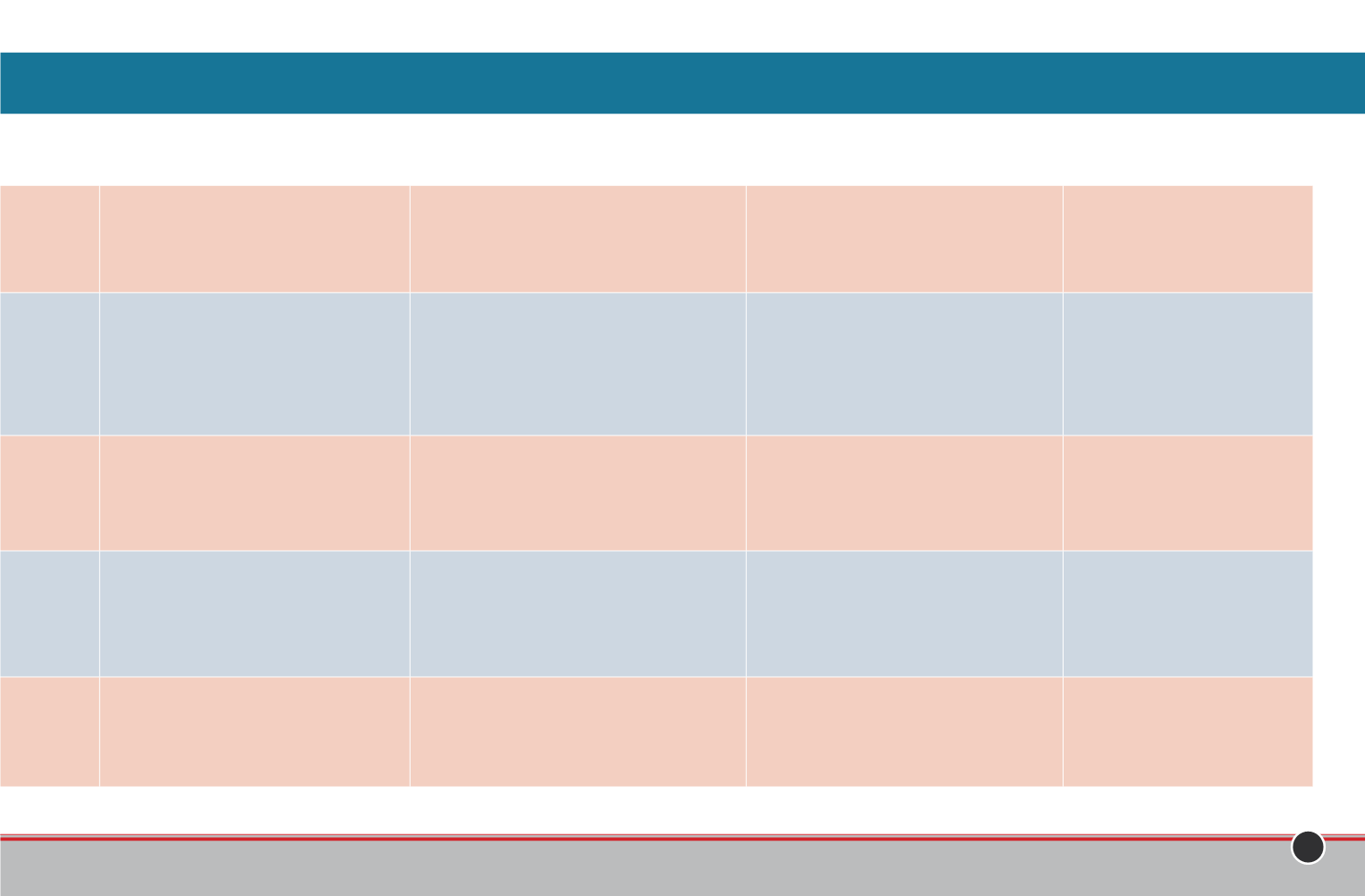
CAO HANDBOOK ENTRY 2017
177
Teaching staff are actively involved in
research; some are world experts in
their fields
Instruction is theoretical and classroom or
laboratory-based. Students learn how to
learn and evaluate
Most degree programmes last three or
more years. Institutions may grant credits
towards degrees for relevant courses
passed at other recognised institutions
Students are instructed through a
combination of theoretical study and
practical experience, in many cases in
an appropriate work situation. Students
learn how to apply their knowledge in
real-life situations
The National Diploma is awarded on
successful completion of the third year,
and those who wish to pursue their studies
further can usually register for a Bachelor
of Technology diploma, which requires
a further one year full-time or two years
part-time
Students who complete a certificate
programme may be considered for
admission to diploma study in related fields
at universities of technology or can continue
with advanced study at aTVET college
The Department of Higher Education and
Training (DHET) TVET colleges Bursary Fund
provides financial assistance to deserving
and motivated students who cannot
otherwise afford to study
The NC(V) is offered in fields of study
ranging fromTourism to Education &
Development and from Safety in Society
to Management
The NC(V) covers three years of study, and
a certificate is awarded after each year. A
practical component is part of all courses,
often in a real workplace situation
Students who complete an NC(V) or
N 4 may be considered for admission
to diploma study in related fields at
universities of technology or can continue
with advanced study at an TVET college
The DHET TVET colleges
Bursary Fund provides financial
assistance to deserving and
motivated students who cannot
otherwise afford to study
3. Qualification Types
continued


